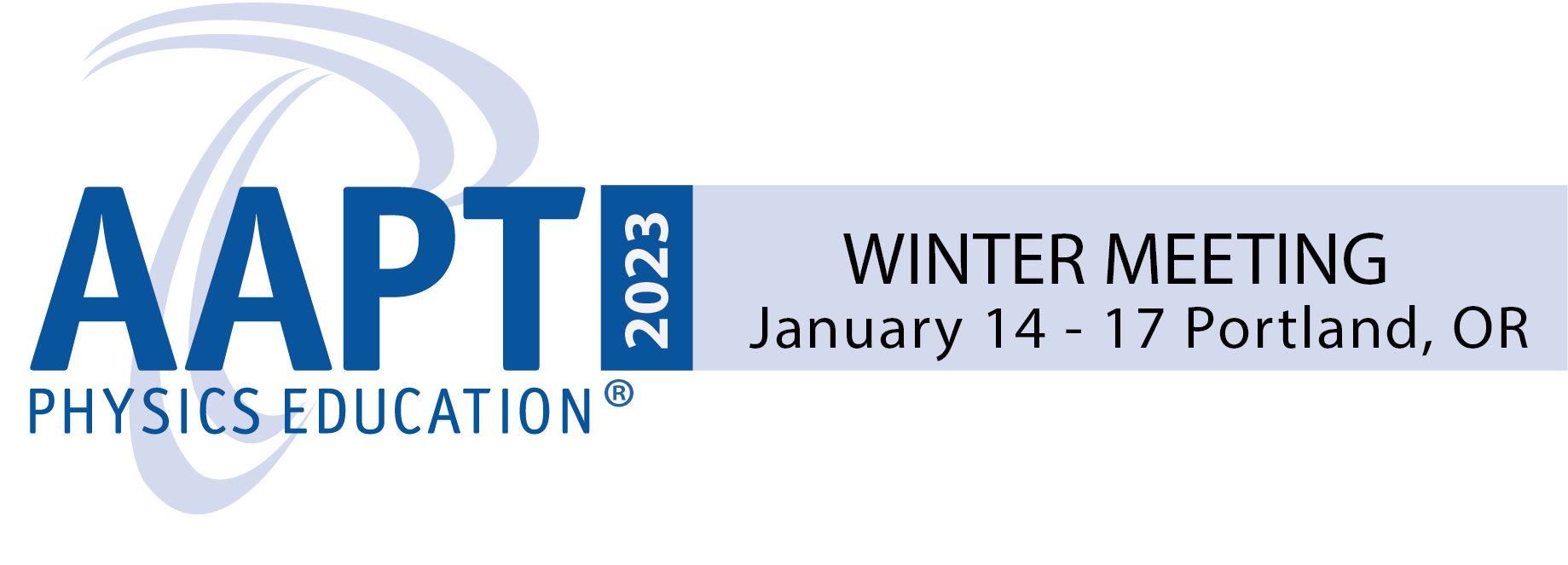Plenary Speakers

Michael Landry
Tuesday, January 17
9:30 to 10:30 AM (PST)
Michael Landry is the Head of LIGO Hanford Observatory (LHO) in Richland , WA, and a physicist with the California Institute of Technology. He received his PhD from the University of Manitoba in 2000, with experimental studies in strange hadronic matter at the Brookhaven AGS and TRIUMF accelerators. Michael started with Caltech as a postdoc at LHO in 2000, working his way through a series of science roles on the interferometers in Initial and Advanced LIGO phases. He was Detection Lead Scientist at the time of the first direct detection of gravitational-waves, GW150914, and was named LIGO Hanford Observatory Head in 2016.
Abstract:
Next Steps in Gravitational-wave Astronomy: LIGO, Virgo, and KAGRA will soon embark on O4, the fourth observation run of terrestrial gravitational-wave detectors. To date, 90 sources have been observed including mergers of binary black holes, binary neutron stars, or one of each of those compact objects. In this talk we will review the status of detectors as they are commissioned for the spring 2023 O4 start of that ~year-long observation run, and prospects for detection. Furthermore, we will sketch plans for O5 and beyond, and survey ideas for next-generation detectors, particularly Cosmic Explorer.
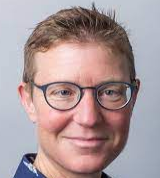
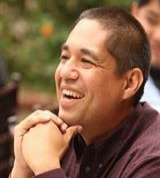
Catherine Herne and David Marasco
Sunday, January 15
7:00 to 8:00 PM (PST)
Dr. Catherine Herne is an optical physics Associate Professor at SUNY New Paltz. She teaches introductory to advanced physics courses and the advanced physics laboratory courses in the Physics and Astronomy Department, and performs research with undergraduate students in optical micromanipulation.
David Marasco is professor and chair at Foothill College Physics Department. He is an experienced Professor with a demonstrated history of organizing and outreach in the Northern California Physics Education community.
Abstract:
Centering AAPT Members: How DEI Work Gives Us A Roadmap: AAPT envisions a world where all physics educators and AAPT staff feel a sense of belonging; where physics educators combat the unconscious harassment and discrimination that is pervasive across the field of physics. AAPT has dedicated intensive resources over the past year to create a roadmap for change. Structural changes will make the member experience better for all of AAPT. In this presentation we lay the groundwork for DEI growth in AAPT and how our members can engage. We share elements of the roadmap, the new proposed governance structure, and discuss AAPT’s progress from a historic and current perspective.
Awardees
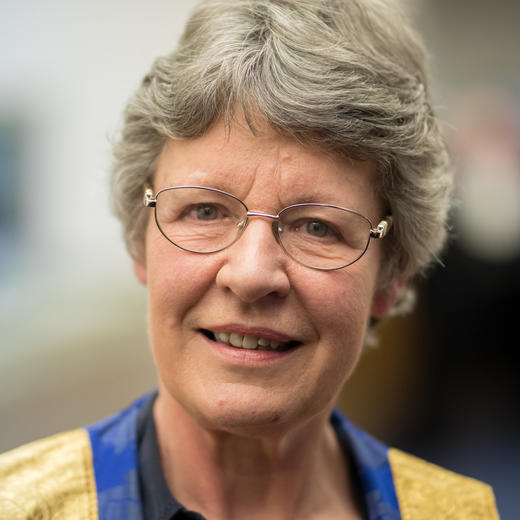
Jocelyn Bell Burnell
Monday, January 16
11:00 AM to Noon (PST)
Jocelyn Bell Burnell has been selected to receive the 2023 Richtmyer Memorial Lecture Award. She is recognized with the award for outstanding contributions to physics and for effectively communicating those contributions to physics educators.
The Richtmyer Memorial Lecture Award is given in memory of Floyd K. Richtmyer, distinguished physicist, teacher, and administrator. Professor Richtmyer was one of the founders of AAPT and served as its president. As a teacher, author, research worker, and dean, he was the guide for many young physicists who became leaders of American science and has had a wide influence on the development of physics in the United States. The award has been given since 1941 to a person who has made outstanding contributions to physics and effectively communicated those contributions to physics educators.
Abstract:
We Are Made of Star Stuff: Starting with the periodic table of the chemical elements i will explain how those chemical elements important for human life were created in the cosmos and then came to be in our bodies.
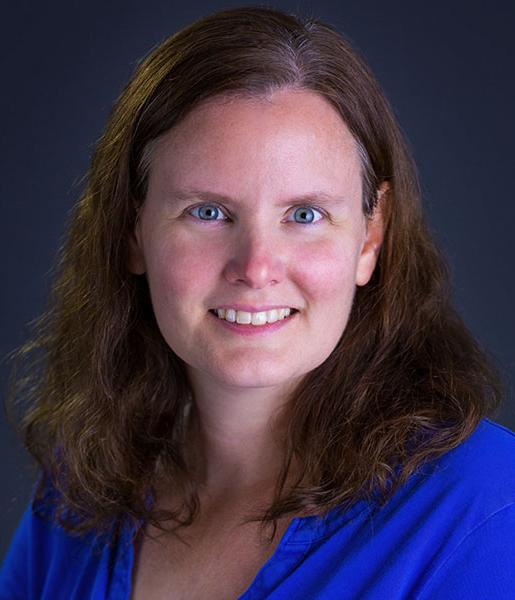
Kimberly Ann Coble
Sunday, January 15
12:30 to 1:30 PM (EST)
The 2023 John David Jackson Excellence in Graduate Physics Education will be awarded to Kimberly Ann Coble, Professor of Physics at San Francisco State University. The Jackson Award recognizes her work as a teacher of graduate Physics and Astronomy. She is a pioneer in graduate physics & astronomy education.
Named in honor of outstanding physicist and teacher, John David Jackson, this award recognizes physicists and physics educators who, like John David Jackson, have made outstanding contributions to curriculum development, mentorship, or classroom teaching in graduate physics education. This award recognizes that great teaching CAN be done and should be expected of great scientists at leading institutions, not only from people whose primary or entire focus is on teaching.
Abstract:
Human Potentials in the Universe of Graduate Teaching and Mentoring: As someone who transitioned from cosmology science research to physics and astronomy education research, I like to say that human beings are more complex than the Universe– and that is thrilling! I have had the privilege of being able to work in diverse environments that support my core values of equity and justice, and to work with incredible students, colleagues, teachers, and mentors who have shaped who I am, how I think, and how I approach teaching, learning, mentoring, research, and leadership. Here I describe asset-based approaches to graduate teaching, mentoring, and networking, aligned with a number of recent national reports and other efforts. I also describe an inclusive pedagogy course for graduate teaching assistants at San Francisco State University that empowers a new generation of scholars to change the culture of our institutions and field. Most importantly, I celebrate the full, unique human beings that are our students..
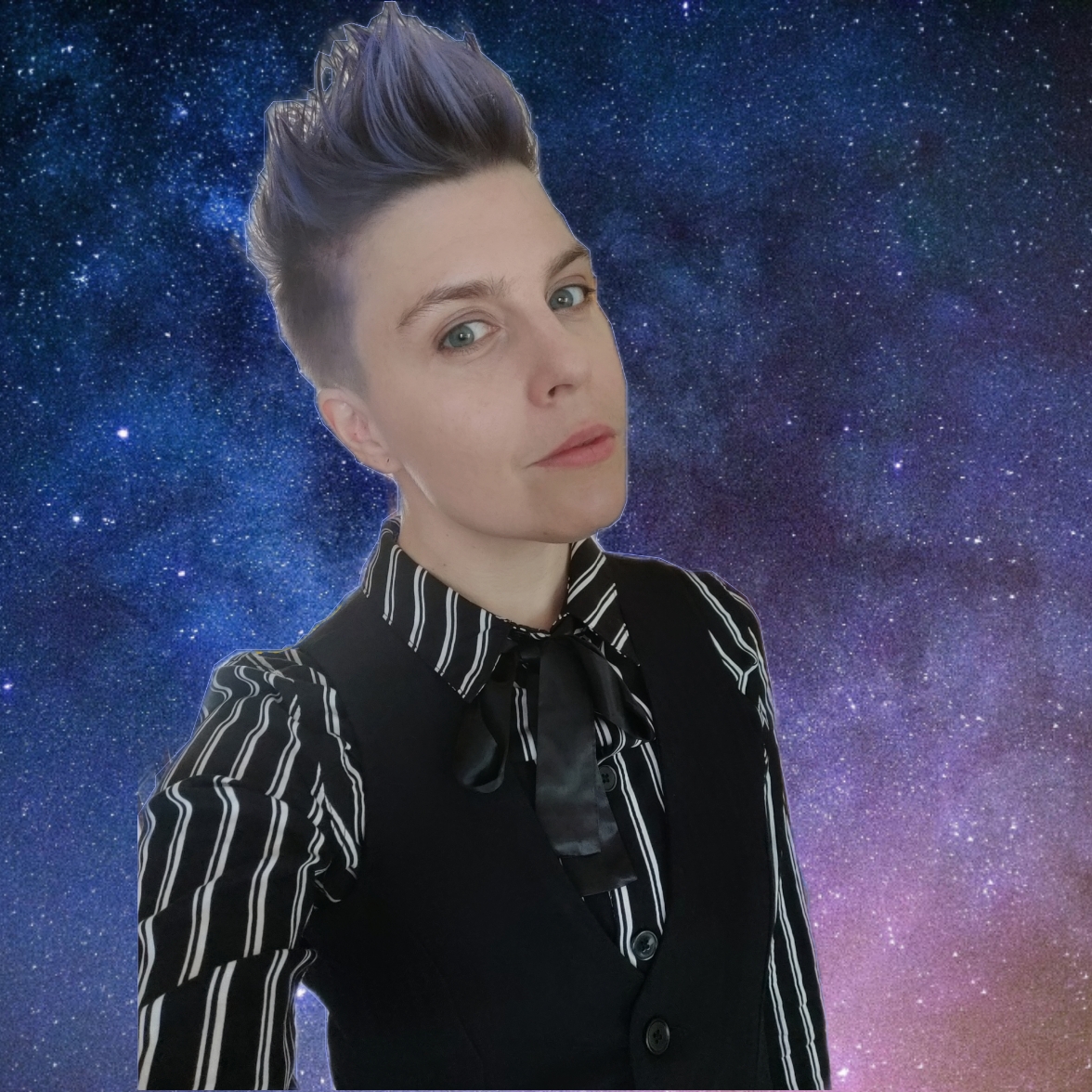
Darsa Donelan
Tuesday, January 17
10:30 to 11:30 AM (PST)
The 2023 recipient of the Doc Brown Futures Award is Darsa Donelan. The Doc Brown Futures Award recognizes early-career members who demonstrate excellence in their contributions to AAPT and physics education and exhibit the potential to serve in an AAPT leadership role.
Robert William Brown (Distinguished University and Institute Professor in the physics department at Case Western Reserve University) has had a rewarding five-decade career in teaching, research, and entrepreneurship. An Inaugural Fellow of the AAPT, Doc Brown is associated with a number of educational innovations, including an early use of a fiberoptics electronic educational environment (1980s), of an early use of undergraduate teaching assistants (1990s), of published PER work on both “post-exam syndrome” and its treatment, and “cycling” or structured revisiting of classroom material. His teaching led to the writing of a thousand-page MRI textbook, which has been called the "daily companion of the MRI scientist.” Doc Brown has received five regional national teaching honors on his innovations in undergraduate and graduate teaching, and in 2004 received the AAPT Excellence in Undergraduate Physics Teaching National Award. A partnership with his wife, Janet Gans Brown has taken them to highlight the importance of AAPT in a shared life and their gratitude by this endowment.
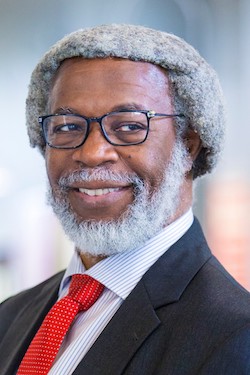
The Oersted Medal is named for Hans Christian Oersted (1777-1851), a Danish physicist who, in the course of creating a demonstration for teaching his class, discovered that electric currents cause a magnetic field. This was a crucial step in establishing the theory of electromagnetism so important in building modern technology and modern physics. The award was established by AAPT in 1936 and is given annually to a person who has had outstanding, widespread, and lasting impact on the teaching of physics.


